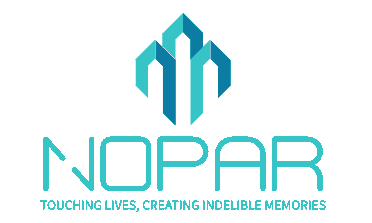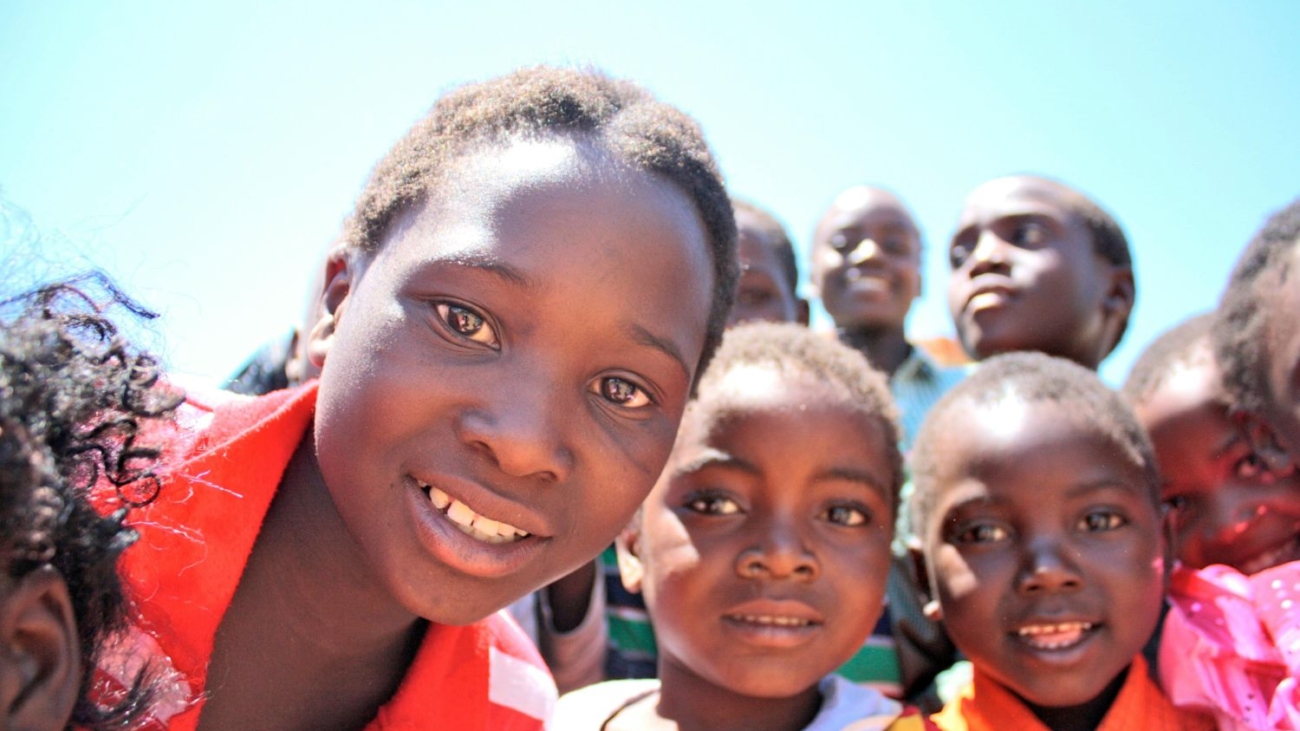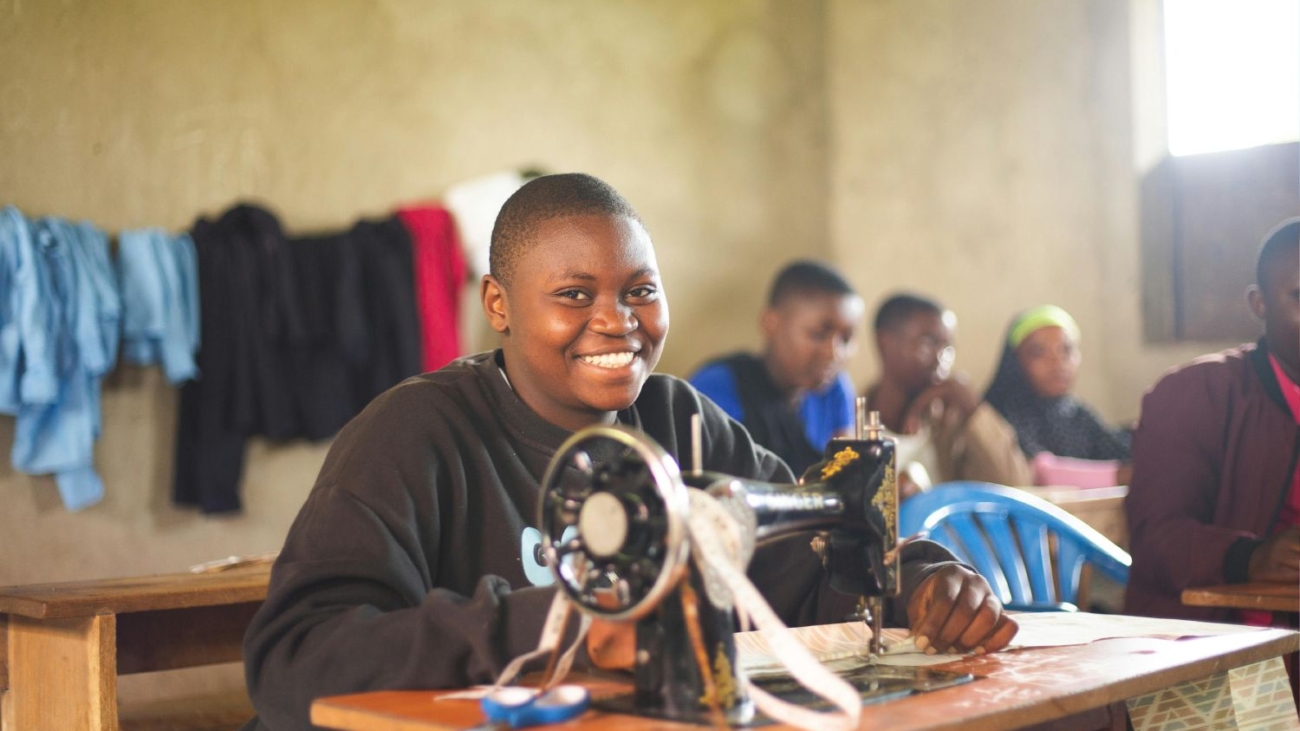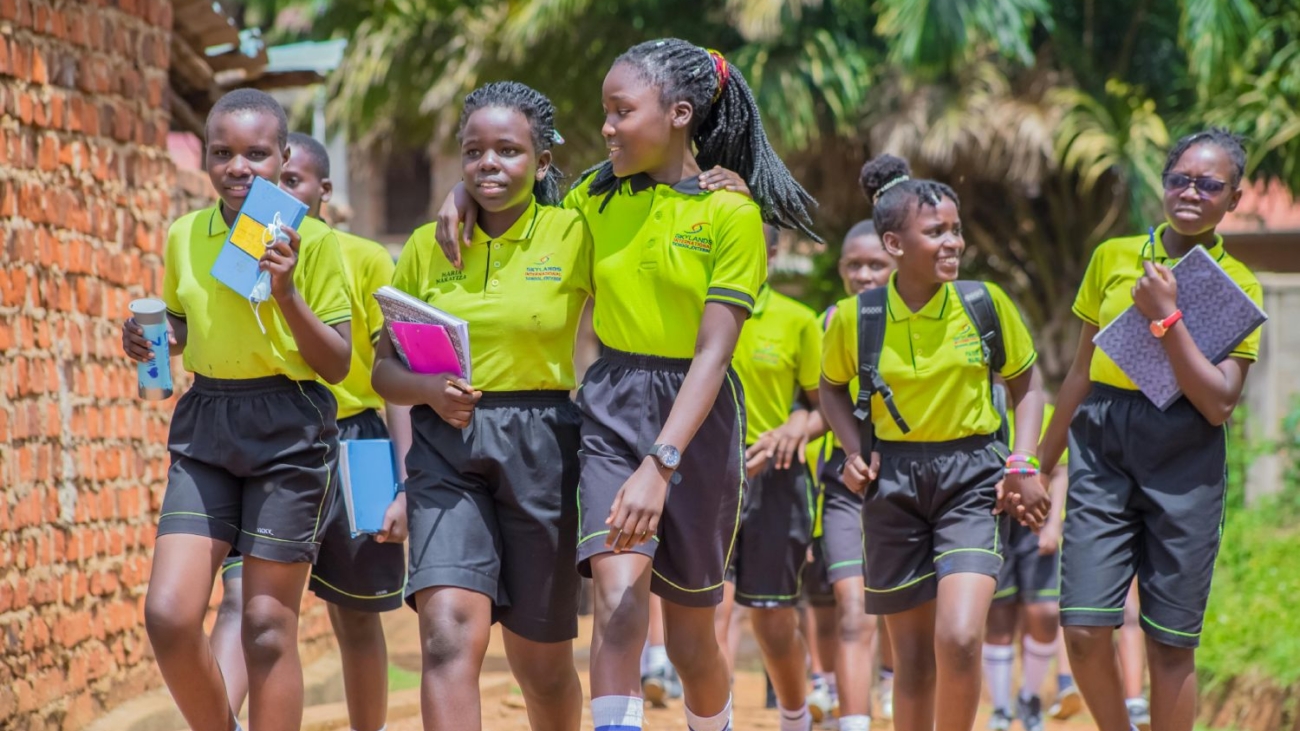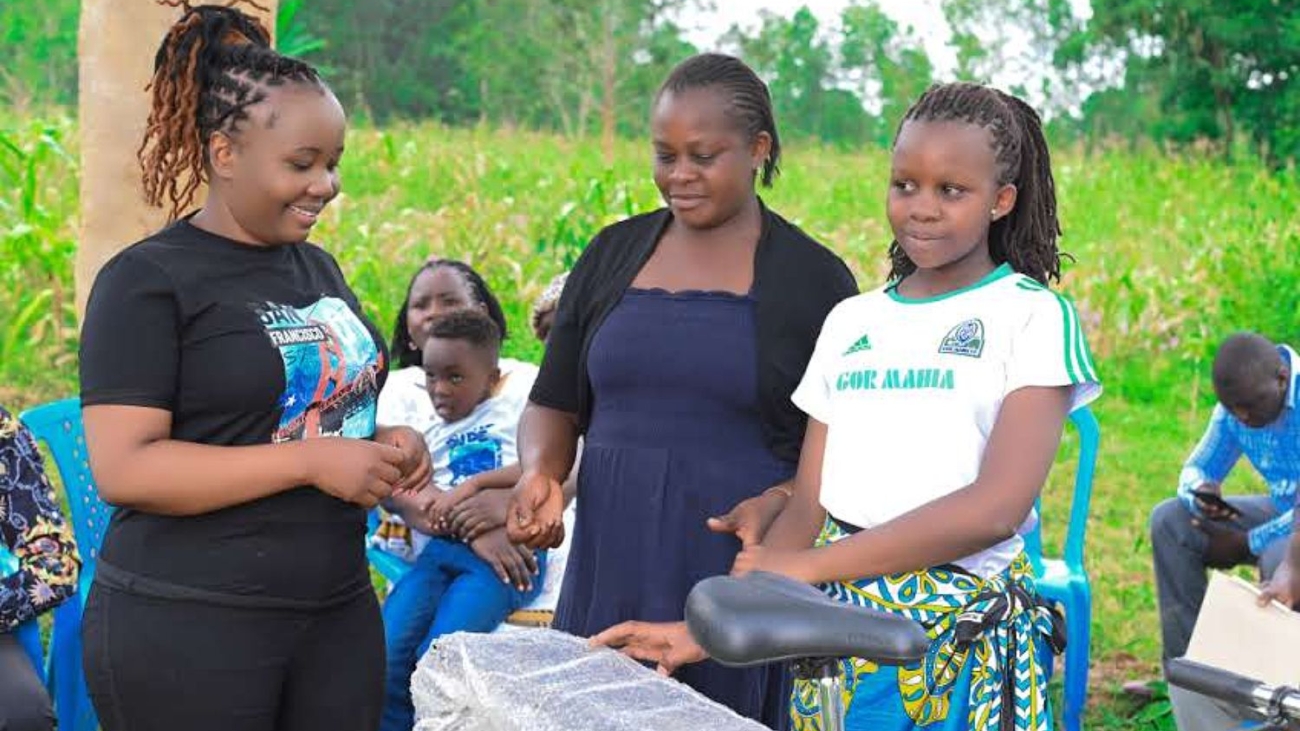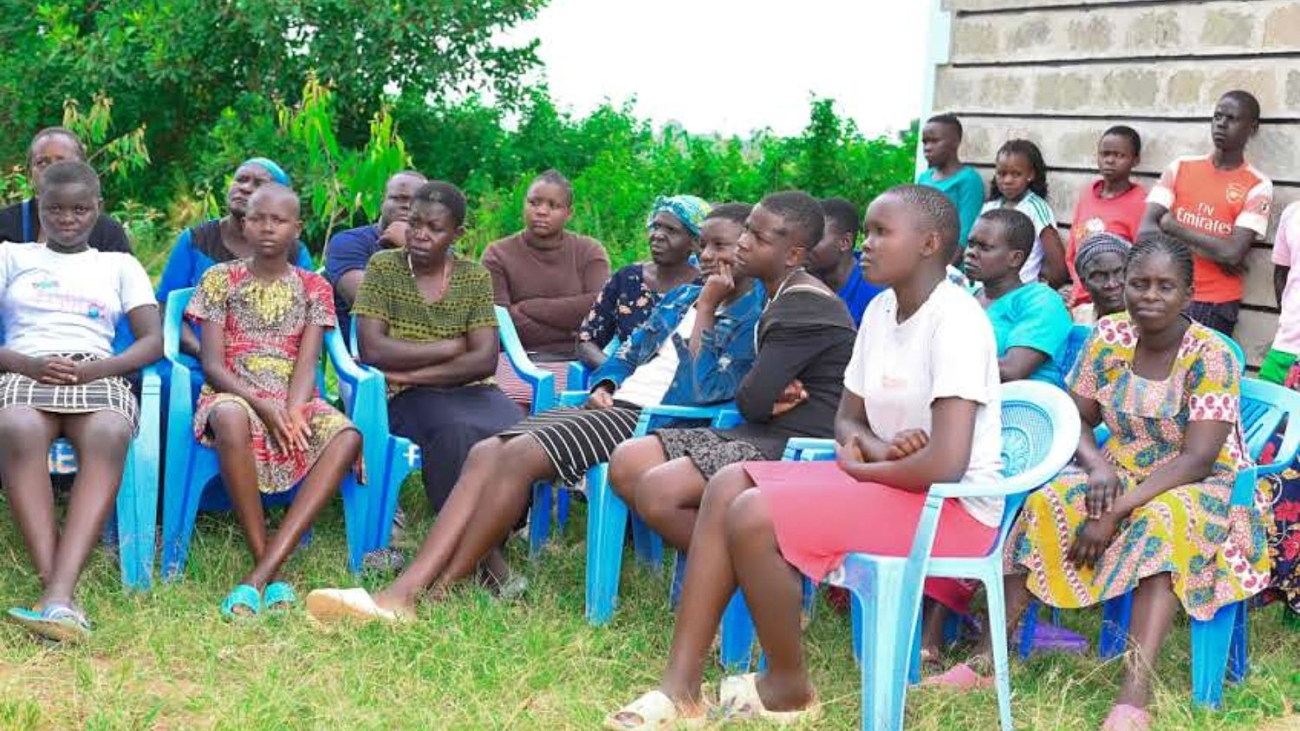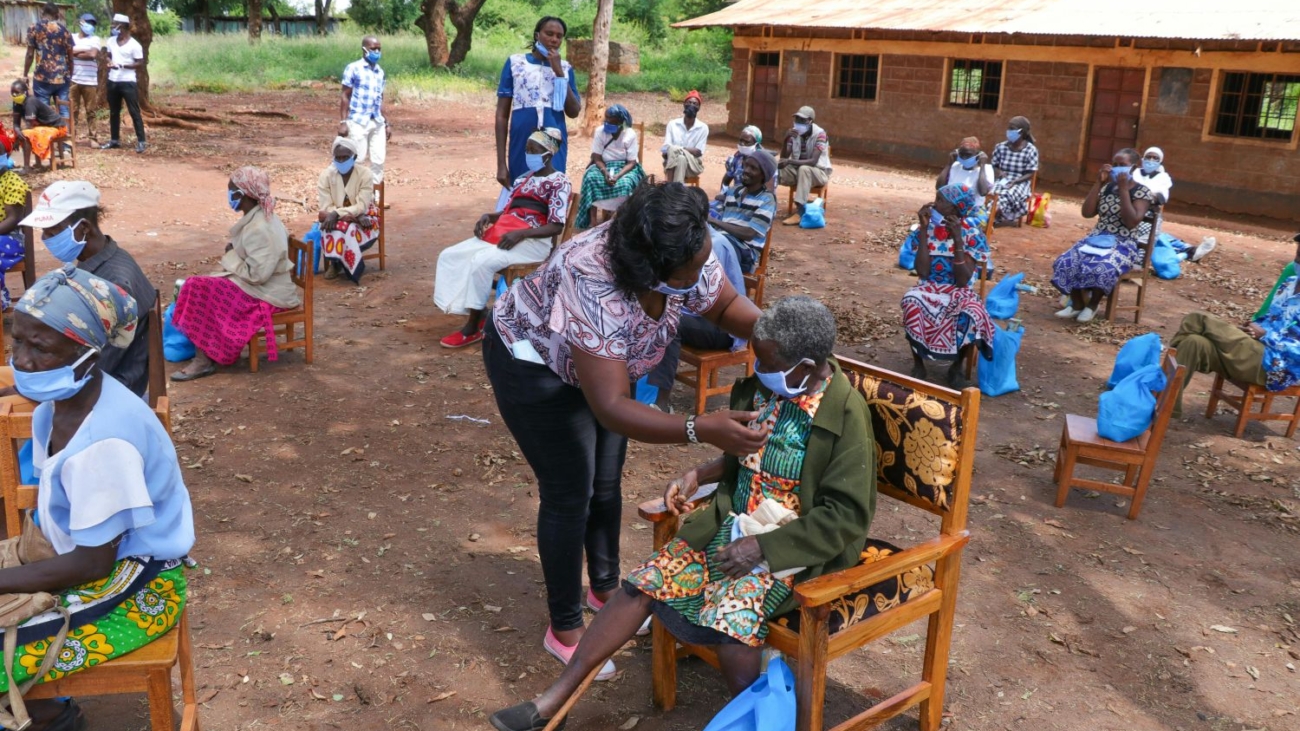In an increasingly complex and technology-driven world, STEM (Science, Technology, Engineering, and Mathematics) education is more crucial than ever. At Nopar, we recognize the transformative power of STEM and information technology in shaping the future leaders of tomorrow and driving sustainable community development. Through innovative programs and initiatives, we are committed to nurturing the next generation of STEM leaders and fostering positive change in our communities.
The Importance of STEM Education:
STEM education serves as the foundation for innovation, critical thinking, and problem-solving skills. By equipping students with STEM knowledge and skills, we empower them to tackle the most pressing challenges facing their communities and contribute to global progress. STEM education not only opens doors to diverse career opportunities but also enables individuals to become active participants in shaping the future of their communities.
Empowering Young people through STEM:
At Nopar, we believe in the potential of young people in rural areas to drive meaningful change. Our STEM education and information technology programs are designed to inspire and empower young individuals to pursue careers in STEM fields. Through hands-on learning experiences, mentorship opportunities, and exposure to real-world applications of STEM principles, we ignite a passion for discovery and innovation in the next generation of leaders.
STEM and Community Development:
STEM education plays a vital role in community development by fostering economic growth, promoting social equity, and addressing local challenges. By investing in STEM island IT, curriculum development, and teacher training, we create opportunities for communities to harness the power of technology and innovation for their own advancement. From improving access to clean water and renewable energy to addressing healthcare disparities and environmental conservation efforts, STEM education enables communities to tackle complex issues and drive positive change from within.
Empowering Girls in STEM & IT:
Women and girls are grossly underrepresented in STEM careers. At Nopar, we recognize that gender equality must be the cornerstone of our STEM and IT education initiatives. We recognize the importance of empowering girls and women to pursue careers in STEM fields. Through targeted interventions, mentorship programs, and challenging gender stereotypes, we aim to break down barriers and create more inclusive and diverse STEM and IT opportunities for both boys and girls. By empowering girls in STEM and IT, we not only unlock their potential but also pave the way for a more equitable and prosperous future for our communities.
Measuring Impact:
At Nopar, we are committed to measuring the impact of our STEM and IT education programs to ensure that they are effective in achieving our goals. We track indicators such as student enrollment and retention rates, academic performance, and career pathways to assess the long-term impact of our initiatives. By evaluating our progress and outcomes, we can continuously refine and improve our programs to better serve the needs of the communities we support.
STEM education is a catalyst for change, empowering individuals, transforming communities, and driving sustainable development. At Nopar, we are dedicated to nurturing tomorrow’s STEM leaders that include girls, and equipping them with the skills and knowledge they need to build a brighter future for themselves and their communities. Through our STEM and IT education initiatives, we are paving the way for innovation, progress, and prosperity across Africa. Join us in our mission to unleash the potential of STEM and IT and create a world where rural children have the opportunity to thrive and succeed.
